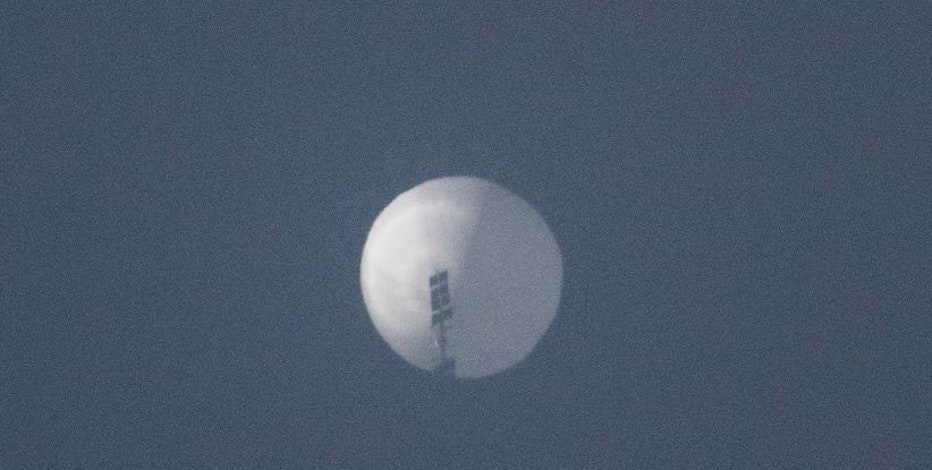Texas: The Issue Is – Former Ambassador Kay Bailey Hutchison discusses foreign policy
While there has been a lot to talk about on the domestic side of politics, the tension continues to build with Russia and China.
FOX 4’s Steven Dial spoke with former Ambassador to NATO and former Texas Senator Kay Bailey Hutchison about the current state of foreign policy.
Kay Bailey Hutchison: "It is a time of tension, no question about it. And I think we have to focus more on foreign policy than maybe we have in the last few years."
Steven Dial: "Ambassador, there's a lot that's been going on in terms of foreign relations with the United States. You have still the fallout from the withdrawal from Afghanistan. We're still talking about Russia and Ukraine, the surveillance balloon from China. How would you rate that the nation's foreign policy or foreign relations right now?"
Hutchison: "We need to much more focus on our foreign policy and especially our deterrence activities. That means a strong defense investing in defense, showing that when we say we're going to do something, we will do it, and also making sure that our allies are with us, that we are united on the big areas that we will have to face together."
Dial: "What do you make of the whole Chinese surveillance balloon? One, do you think we should have shot it down while it was over U.S. soil? And two, do you think this could, could and will continue to make the tensions even bigger between the United States and China?"
Hutchison: "Well, I think that it would have been better if we had shot it down before it even came into our territory, our lower 48 when it was over the sea in Alaska. But, you know, I also think you can't be you can't be critical when something hasn't happened before. But I do think letting it go all the way across our country and take all the pictures that it was taking was not the right approach. And I think we've learned from it and I think it won't happen again."
Dial: "We are reliant on China for certain things, China is reliant on us, but we're also not friends. What do you make of the current state between the United States and China?"
Hutchison: "China depends in their domestic economy on trade with the U.S., with the EU, with the Asia-Pacific nations. And I think that that is going to be our leverage to temper their potential adversarial activities, especially as it regards to Taiwan. And I think we need to to build on that as a way to seek a. A relationship with China, which is not a friendship, but is a relationship that can work."
Dial: "The war between Russia and Ukraine is still going on. Republicans and Democrats here in the United States have supported funding and aiding Ukraine, but some are starting to get a little fatigue and saying we can't just keep writing a blank check. What do you make of us continuing to assist Ukraine? And is there does there have to be a kind of end date to this as far as our continuing to write a check to aid Ukraine?"
Hutchison: "As we face Russia and then a potential adversary of China, we need the democracies and the strong economies of the world to be with us so that we can temper the activities of China by showing China that it will be too expensive to make a run on Taiwan. And that's what will make a difference to them. So we need to stick with Ukraine as a message to Russia to stop it now. You cannot invade sovereign nations that are your neighbors and get by with it."
Hutchison: "I think our foreign policy has to stay bipartisan and united with our allies. Those are the key things that will be our strength to build up our defenses so that we deter activities by the despotic nations like Russia, China, Iran and North Korea. And they need to see strength. It's it's all that will affect them. Talking isn't going to help, but showing strength of defense and deterrence is what they understand and what will when the deterrence."


